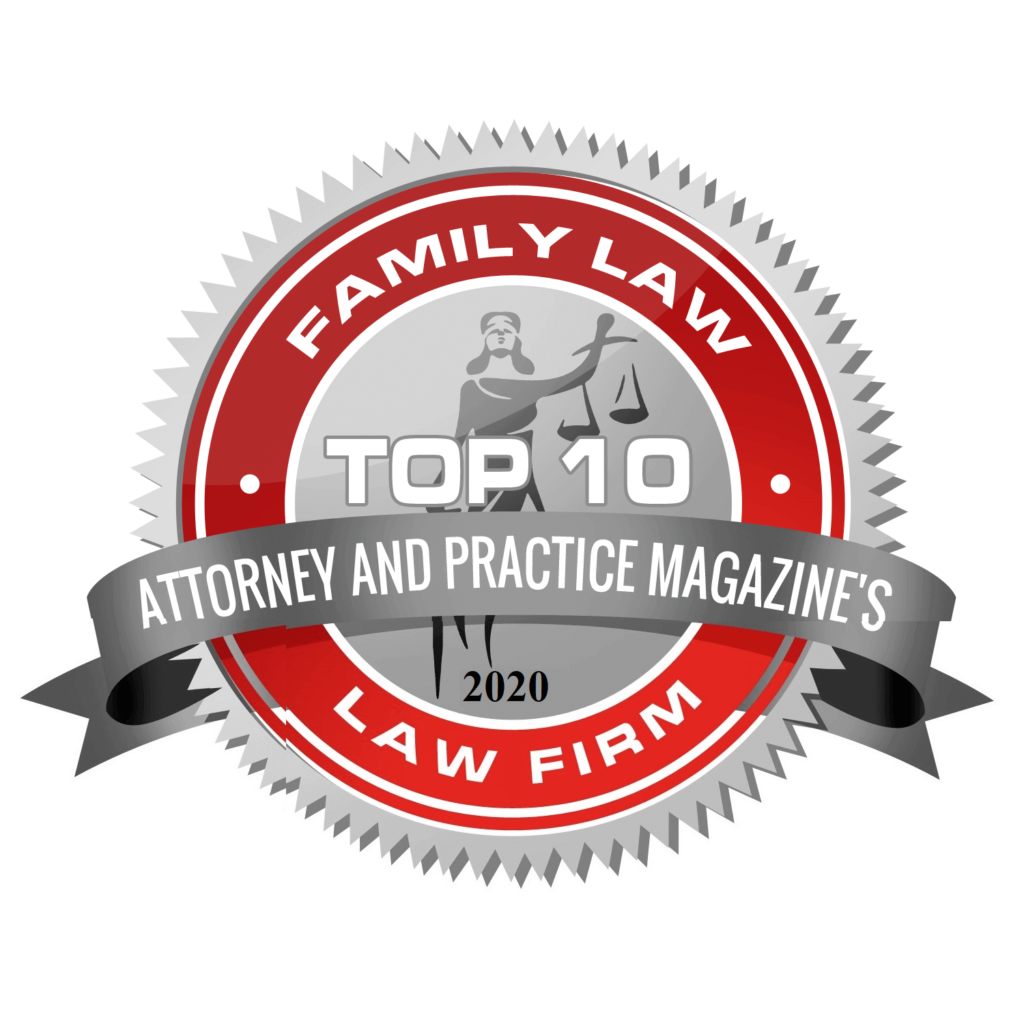A personal representative must deal with the decedent’s property, assets, and debts following a person’s death. It can often be a bit simpler if the person left a will, but even with a will, a process must take place to ensure the proper payment of all debts and that the remaining property goes to any named heirs. This process is called probate.
Table of Contents
- 1 What is Probate?
- 2 How Does Probate Work?
- 3 When Does Probate Start?
- 4 How Long Does Probate Take?
- 5 How Much Does Probate Cost?
- 6 Does All Property Have to Go Through Probate When a Person Dies?
- 7 Do Household Items Go Through Probate?
- 8 Who is Responsible for Handling Probate?
- 9 Can a Will Be Contested After Probate Has Been Granted?
- 10 What Happens After a Will is Probated?
- 11 How Do I Plan to Avoid Probate?
What is Probate?
Probate is the legal process of reviewing and authenticating a person’s will after they die. Authenticating a will means making sure the will is legal and valid and deciding what needs to take place to fulfill the decedent’s wishes. If there is no will, a probate court must decide how to distribute the assets and pay any debts.
How Does Probate Work?
The executor of the will, or administrator, will present the will or a list of all property, assets, debts, and heirs to the local probate court. The judge verifies that the will is legal, and then grants permission for the executor to fulfill the terms.
The entire process that follows can be extensive and require a considerable amount of time and fees before completion. The size of the estate and the number of remaining debts play a large part in the process.
The Executer Gets the Death Certificate
The executor will need several copies of the death certificate to prove the decedent’s death. The executor may need to present the death certificate to the probate judge, creditors, banks, and many other entities.
The Executer Presents the Will to the Judge
Once the executor receives the death certificate and the will, they will file a petition for a probate court hearing. What happens in a probate court hearing?
A probate court will need to verify the will before allowing the execution of the terms. The judge will determine the legality of the will by confirming the deceased was of sound mind, the date of the document, whether there are any other versions of the will, and whether it was duly signed in the presence of two witnesses.
Once verified, the judge will present a letter of testamentary to the executor, granting them control of the estate.
Identifying and Appraising the Assets
Once granted control, the executor or administrator must first identify and locate all the decedent’s assets. The executor will need to have the assets appraised for later distribution to beneficiaries.
Who gets paid first from an estate? If the estate has enough money from the assets to cover all debts, then the order of payment doesn’t matter. If there isn’t enough money, state law will determine who to pay first.
Paying Debts and Liabilities
The executor must notify creditors and debt collectors of the decedent’s death within a reasonable amount of time. After making an announcement, creditors will have a limited window for recovering debts owed to them. The sale of assets can pay off the debts.
Paying Taxes
The executor will be responsible for handling property and income taxes owed by the decedent. They will file taxes on behalf of the decedent, including any unpaid taxes the decedent failed to do previously. They may also have to pay estate taxes. The estate’s fund will pay for the fees.
Paying Any Other Expenses
Any additional expenses left by the decedent, like utility bills and insurance premiums, may also need to be paid.
Notifying the Beneficiaries
The executor will need to notify all beneficiaries named in the will, including people nominated to become guardians of minor children.
Distributing the Assets
After paying debts and expenses, the executor will distribute the assets to the named beneficiaries. The remaining value of the estate will be divided and distributed among the beneficiaries.
Can the executor of a will take everything? If the executor is the only named beneficiary in the will, then yes, they may be able to take everything. In some cases, the executor will have to use the entire value of the estate to pay debts, which means there will be nothing left to distribute.
When Does Probate Start?
Probate begins with the person’s death and with the executor presenting the will to a probate court.
How Long Does Probate Take?
The amount of time probate takes depends on the size of the estate and whether the decedent had a valid will. It can take anywhere from a month to several years.
How Much Does Probate Cost?
Probate costs can vary depending on many factors. Depending on the state, laws may determine probate costs. Probate costs can include appraisal fees, fees for representation, accounting fees, and court costs. The estate fund pays these fees.
Does All Property Have to Go Through Probate When a Person Dies?
Not all property must go through probate before distribution. Transfer of jointly owned property and assets and accounts designated to a beneficiary can happen immediately. However, the jointly owned property must have survivorship rights.
Assets designated to a beneficiary who is dead, mentally-capacitated, or a minor will become part of the probate estate.
Do Household Items Go Through Probate?
Yes. The PR presiding over the estate can oversee any assets that go through probate—this includes vehicles, jewelry, furniture, collections, personal items, artwork, and any other household items. Probate assets include vehicles and personal belongings, such as jewelry, art, furniture, and any other household goods of importance.
Who is Responsible for Handling Probate?
The personal representative is responsible for handling probate. The personal representative is either the executor named in the will or an administrator appointed by the court in the case of no valid will. The personal representative may also hire a probate lawyer to help with the process.
Can you probate a will yourself? Probate proceedings can be very complicated, but it is possible to handle the probate process by yourself. Executors in Washington should familiarize themselves with the state’s probate and trust laws.
Even if you don’t hire an attorney, you may still want to consult with an attorney for advice during the process.
Can a Will Be Contested After Probate Has Been Granted?
If any beneficiary does not agree with something in the will or the testator’s assets, the will can be contested even after probate. After the court finds the will authentic, any heir or beneficiary can disagree with the executor or the state of the will itself.
What Happens After a Will is Probated?
After a will is probated, the estate is closed and the executor carries through all their duties. Assets are distributed, and the final accounting of the deceased is provided for all heirs and beneficiaries. Debts, expenses, and taxes are paid out of the estate.
How Do I Plan to Avoid Probate?
You may be able to avoid probate if the estate is small. If the remaining property’s value is below the state’s small estate limits, it may be eligible for simplified probate.
How do you know if probate is necessary? Vast estates are often subject to probate simply because of their high value. Depending on the state laws and the cut-off values, you may not be able to avoid probate.
You can find more legal resources and information about probate from the Washington State Bar Association.







